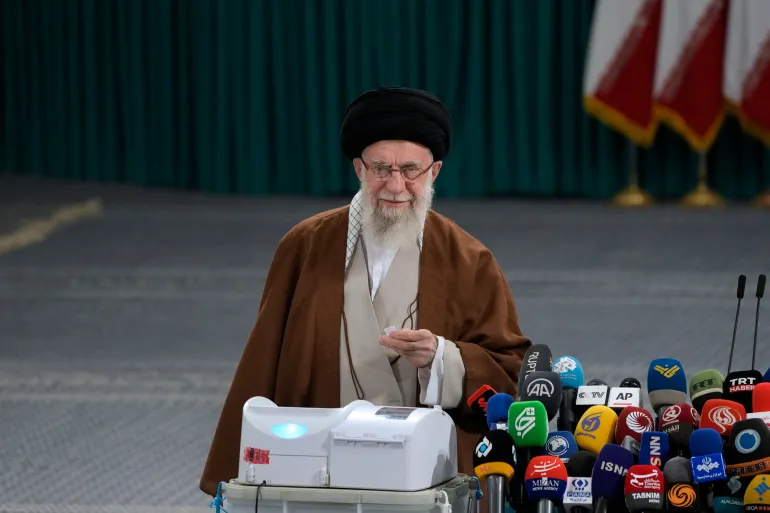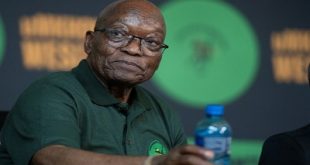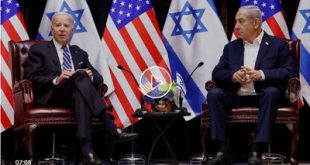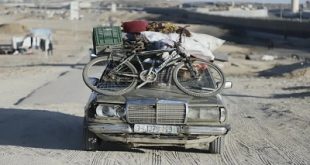Amidst a decline in voter turnout in prior elections, Iranian Supreme Leader Ali Khamenei casts a ballot and encourages people to vote.

Following a strong showing by conservative candidates in the March elections, Iranians are participating in a run-off election for the remaining seats in Parliament.
Friday just after polling places opened, Ayatollah Ali Khamenei, the Supreme Leader, was seen casting a ballot on national television.
As a sign of the general dissatisfaction, voter apathy has been high since the last parliamentary elections in 2020. Khamenei, who has the final say in significant matters of state, encouraged people to go to the polls.
Nonetheless, the 290-member legislature is not as important to the nation’s governance as it once was.
The ultimate configuration of the Parliament, which is dominated by hardliners, will not change based on the results of Friday’s elections.
200 of the 245 seats were gained by conservatives in March, with the remaining 45 going to more moderate candidates.
Voters in 22 seats around the nation will choose 45 MPs on Friday from a field of 90 contenders, 15 of whom are regarded as moderate.
Thirty-two candidates—all hardliners friendly to President Ebrahim Raisi and Khamenei—will compete for 16 seats in Tehran, the capital.


Declining Turnout for Elections
With 25 million votes cast and a 41 percent turnout in March, the lowest turnout since the Islamic Revolution in 1979 was recorded.
In 2020, there was the lowest turnout of 42% for the parliamentary elections.
In contrast to the preceding decades, when over 60% or even 70% of voters frequently participated in elections, just 48% of voters cast ballots in the 2021 presidential election.
The countrywide protests that followed Mahsa Amini’s death in 2022 while he was under the care of Iran’s “morality police” marked the first election cycle since that year.
According to international human rights organizations, the government violently suppressed the protests and arrested large numbers of people in response.
The elections are being held while the nation is still reeling from severe sanctions and a financial crisis, and many moderate and reformist candidates are not allowed to run.
Friday’s vote comes amid escalating hostilities between Israel and Iran. Following what seemed to be an Israeli strike on Iran’s embassy compound in Damascus, the capital of Syria, Iran launched over 300 missiles and drones at Israel in April.
Though counts in smaller constituencies are probably going to be completed earlier, final results are anticipated on Monday.
Crisis and suppression
The parliament, which has been controlled by political hardliners in the Islamic Republic for more than 20 years, has very little influence on foreign policy or the country’s nuclear program, which Iran claims is benign but which the West claims is intended to produce nuclear weapons. Khamenei makes these decisions.
Hardliners and quiet conservatives who pledge allegiance to Islamic revolutionary values are essentially in the race, with mainstream moderates and conservatives abstaining and reformists denouncing the election as unfair and unfree.
Suppression and Crisis: A Tightrope Walk
Suppression and crisis are two sides of the same coin that have a complicated relationship. Suppression can be brought on by a crisis, and suppression can also set the stage for another crisis later on. It is essential to comprehend this dynamic in order to navigate societal and personal issues.
A crisis is an unstable or dangerous situation that jeopardizes an individual’s, a group’s, or a system’s ability to operate normally. It may come on suddenly and without warning, or it may be the result of ongoing issues. Crises make one reevaluate the status quo and require action.
Contrarily, suppression is the act of bringing something under physical control or subjugation. It may be a crisis management tactic meant to keep things under control and stop more harm from happening.
DUBAI: On Friday, Iranians cast ballots for a new parliament in an election that was viewed as a litmus test for the legitimacy of the religious establishment at a time when social and political freedoms were being restricted and the country’s economy was suffering.
One of the first people to cast a ballot in Iran was Supreme Leader Ayatollah Ali Khamenei, who has described voting as a religious obligation.
“Vote as soon as you can; today, both friends and foes of Iran will be watching the results.” Make adversaries pleased and your friends happy,” Khamenei declared on state television.
Following anti-government riots in 2022–2023 that descended into some of the greatest political unrest since the Islamic Revolution of 1979, the election serves as the first official gauge of public opinion.



